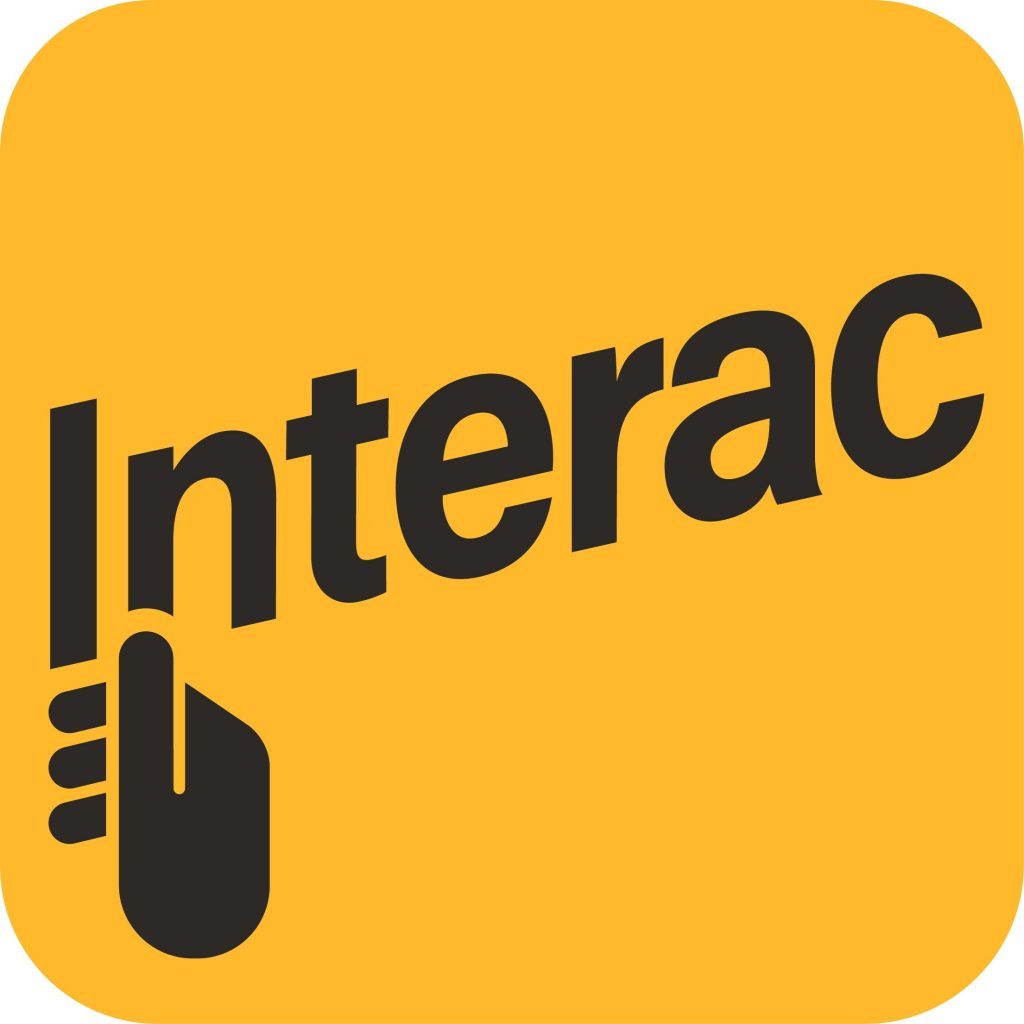Newcomers are on high alert. A recent survey by Interac Corp. (Interac) reveals seven in 10 (70 per cent) new Canadians polled feel they are more susceptible to financial scams than the general population. Over half (53 per cent) of newcomers say they and/or an immediate family member have been targeted by fraud, while more than half of newcomer respondents (55 per cent) are very concerned about becoming a victim in the future.
As record numbers of immigrants arrive in Canada, scammers are preying on newcomers navigating an unfamiliar financial landscape. The top scams they face include fake job postings (witnessed by 40 per cent of new Canadians surveyed), phishing attempts (37 per cent) and scammers disguising themselves as representatives of official government institutions (34 per cent).
“Being targeted for financial scams is an all-too-common experience for newcomers. We all have a role to play in providing advice to help build their financial literacy and spot scams before it’s too late,” said Rachel Jolicoeur, Director, Cybermarket Intelligence and Financial Crime at Interac. “Newcomers want to feel in control and most prefer to spend their own money versus borrowing. As they get used to life in Canada, we need to build their trust when transacting in new ways – such as using Interac e-Transfer or Interac Debit for the first time.”
The Interac survey reinforces that high scam rates are taking a toll on the financial fortitude of newcomers. Only two in ten (22 per cent) newcomers polled strongly agree they would know what to do if they were the victim of a financial scam. Furthermore, nearly six in ten newcomers (56 per cent) say being targeted makes them feel less financially confident, as compared with a third of all respondents polled (36 per cent).
Building financial know-how is a priority for newcomers. The majority of newcomer respondents (73 per cent) indicate they want to learn more about how to protect themselves from fraud, and more than eight in 10 (83 per cent) point to the value of having access to tools that help with managing their spending. To answer these needs, Interac and Conscious Economics have launched Mindfulness & Money for Newcomers and International Students, a digital learning program that teaches financial literacy and fraud prevention techniques.
The three-part course is available free and online to all newcomers who wish to participate, with subtitled modules available in a variety of languages. In addition, the program will be a part of the international student’s orientation package at Toronto Metropolitan University (TMU). The new modules build on the success of the Mindfulness & Money program, presented by Conscious Economics and Interac, which has helped nearly 80,000 Canadians build their financial confidence.
“At Interac, our aim is to help empower Canadians to transact digitally with confidence. The latest course we have developed with Conscious Economics is designed to provide newcomers with a supportive community, while establishing the fundamentals of financial and digital literacy,” said Daria Hill, Vice President, Marketing & Communications. “Through our research, we particularly see this appetite and need among international students, 93 per cent of whom say they face barriers in managing their everyday finances. The survey also highlights the critical role Interac solutions can play in the lives of newcomers.”
To help stay in control, the Interac survey reveals that more than six in ten (63 per cent) newcomers say they prefer to spend their own money instead of borrowing. Using their own money (43 per cent), like with Interac Debit, ranks among the top three strategies newcomers would turn to in order to boost their financial confidence, alongside following a budget (55 per cent) and having savings or investment goals (60 per cent).
“It’s critical that newcomers and international students feel supported in every step of their financial journey here,” said Aseel El-Baba, co-founder of Mindfulness & Money and the in-house financial therapist at Conscious Economics, who was a newcomer to Canada herself. “This new set of modules will help explore common challenges newcomers face while navigating an unknown financial system and transacting in new ways. They will also look at the ins and outs of fraud prevention as a newcomer.”
“As more newcomers choose Canada as their educational destination, it’s imperative that they have the supports to set themselves up with healthy financial habits. Mindfulness & Money for Newcomers and International Students will be critical to the new student experience as it will help them navigate their finances in a new setting and feel confident doing so,” said Dr. Mohamed Lachemi, President, and Vice-chancellor of TMU. “We are proud to be the first university to include these modules in the supports offered to our international students, so that they can hone skills to carry with them throughout their lives.”
